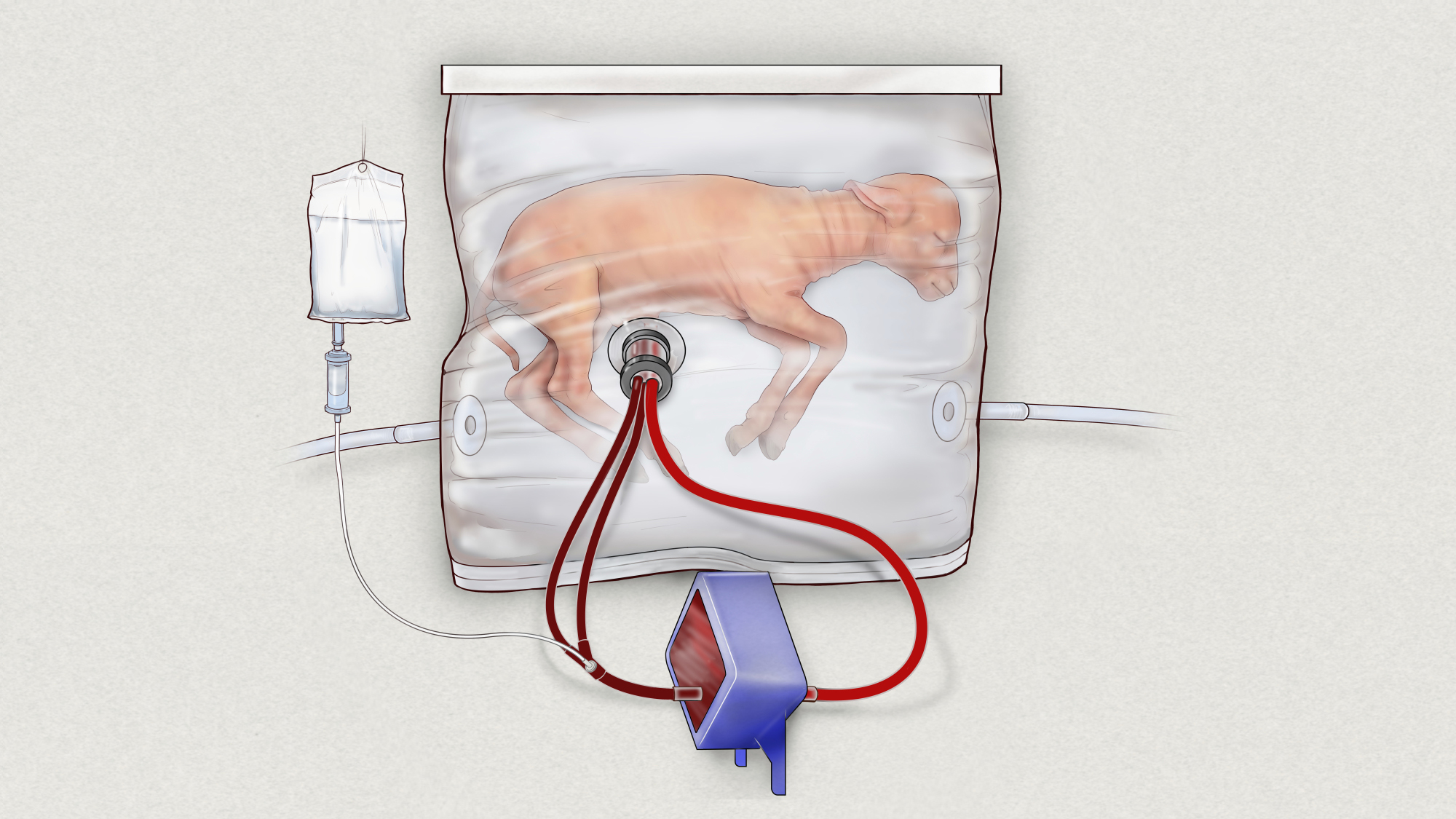In my round up of this year's science stories I'm going to choose some big ones as well as some stories that made less of an impact but still resonated with me.
Let's start with one of these smaller stories. The poet Fujiwara no Teika, who died in Kyoto in 1241, is well-known for compiling and editing such classics as the "Tale of Genji," and for his influence on Japanese poetry for hundreds of years. This year, however, Ryuho Kataoka of the National Institute of Polar Research in Tachikawa found that Fujiwara also recorded astronomical events.
In "Meigetsuki" ("The Record of the Clear Moon"), Fujiwara noted the phenomenon of prolonged auroras — that is, auroras that persist for two or more nights. In 1204, Fujiwara wrote about an aurora that took place from Feb. 21 to 23. By cross-checking with a Chinese text from the same time, Kataoka has shown that the account relates to a large sunspot, indicating a period of intense solar magnetic activity.


















With your current subscription plan you can comment on stories. However, before writing your first comment, please create a display name in the Profile section of your subscriber account page.